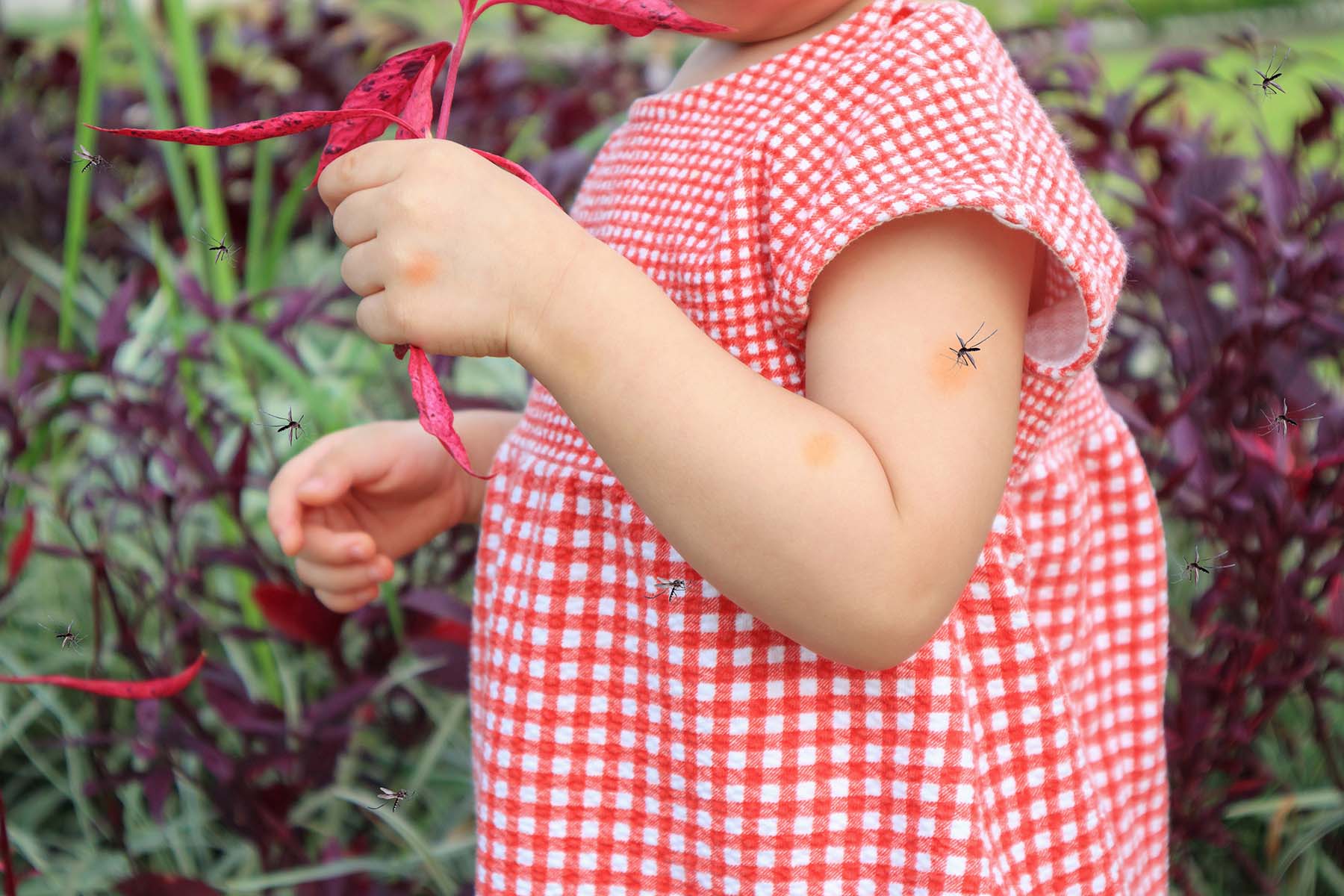Dengue Fever in Miami: What You Need to Know

Some mosquitoes do more harm than others. In fact, Aedes aegypti are known carriers of several illnesses, including dengue fever, a debilitating viral disease that causes sudden fever, acute pains in the joints, and even death in some cases.
We’ve now reached five confirmed cases of dengue fever in Miami, according to the Florida Department of Health in Miami-Dade County.
What is dengue fever?
Blood-feeding animals, like ticks, fleas, and mosquitoes, transfer the dengue virus to humans through a bite. In the case of dengue, the Aedes aegypti mosquito is the vector carrier.
This infected mosquito is also a known carrier of viral diseases such as Zika, Chikungunya, and Yellow Fever. Aedes aegypti can be found mostly in tropical and subtropical parts of the world, which inevitably means Miami residents will be impacted at times.
“We have a lot of travelers coming into Miami from all of these endemic countries,” said Dr. John Beier, chief of the environment & public health at the University of Miami Miller School of Medicine. “[People] are bitten by local Aedes aegypti mosquitoes, and then become infected.”
What are the symptoms of dengue virus?
Dengue fever symptoms may include high fever, nausea, vomiting, rash, aches, and joint pain, and in more severe cases, stomach or belly pain/tenderness, vomiting at least three times, bleeding from nose or gums, blood in vomit or stool, restlessness, irritability, and drowsiness.
Currently, there is no specific treatment for dengue fever. According to the World Health Organization, severe dengue fever is a potentially lethal complication, but early clinical diagnosis and careful clinical management by experienced physicians and nurses often save lives.
If your symptoms are on the milder side, it’s okay to treat symptoms for a sick infant, child, or family member at home, according to the CDC.
Try to rest, get plenty of fluids, and take acetaminophen for pain relief and to help get past the high fever. Make sure you avoid aspirin or ibuprofen since both increase the risk of bleeding.
Seek medical attention immediately if you notice any severe warning signs.
Can dengue fever be prevented?
There’s no way to completely prevent contracting dengue. But residents of South Florida can take measures to lessen their chances of being bitten.
“Consumers have to be aware that here in Miami when it comes to mosquito-borne diseases, they should take care of their own backyards,” said Dr. Beier.
Small tasks around your home may seem trivial, but they help control the mosquito population.
- Check your yard weekly for any signs of standing water
- Drain and cover those areas
- Fill any tree holes or other yard cavities with sand or soil
Aedes mosquitoes are active a couple of hours after sunrise and several hours before sunset.
But they’ve been known to bite at night in well-lit areas. If you plan to spend time outdoors, follow these steps to avoid bites:
- Wear long sleeves, pants, socks, and shoes when mosquitoes are most active
- Apply repellants such as DEET, pol of lemon eucalyptus, or picaridin on exposed skin (and clothing when okayed by the spray product label)
- Use netting over cribs, carriers, or strollers
- Install window and door screens
Will dengue fever in Miami get worse?
“In the past two years, [Miami-Dade] Mosquito Control has collected 41 different species of mosquito,” he said. “Not all are dangerous vectors, but we’re concerned because more are present year-round in the urban environment.”
He mentioned the 2018 WHO report on Managing Epidemics, which claims that mosquito transferred diseases, like dengue, are going to get worse as a result of climate change.
In the 21st century, this concept is not hard to believe. Warmer weather, more rainfall — it’s the perfect breeding ground for the dengue mosquito.
Cara Tremols is a contributing writer for UMiami Health News.
Tags: dengue, dengue fever, Dr. John Beier, public health
